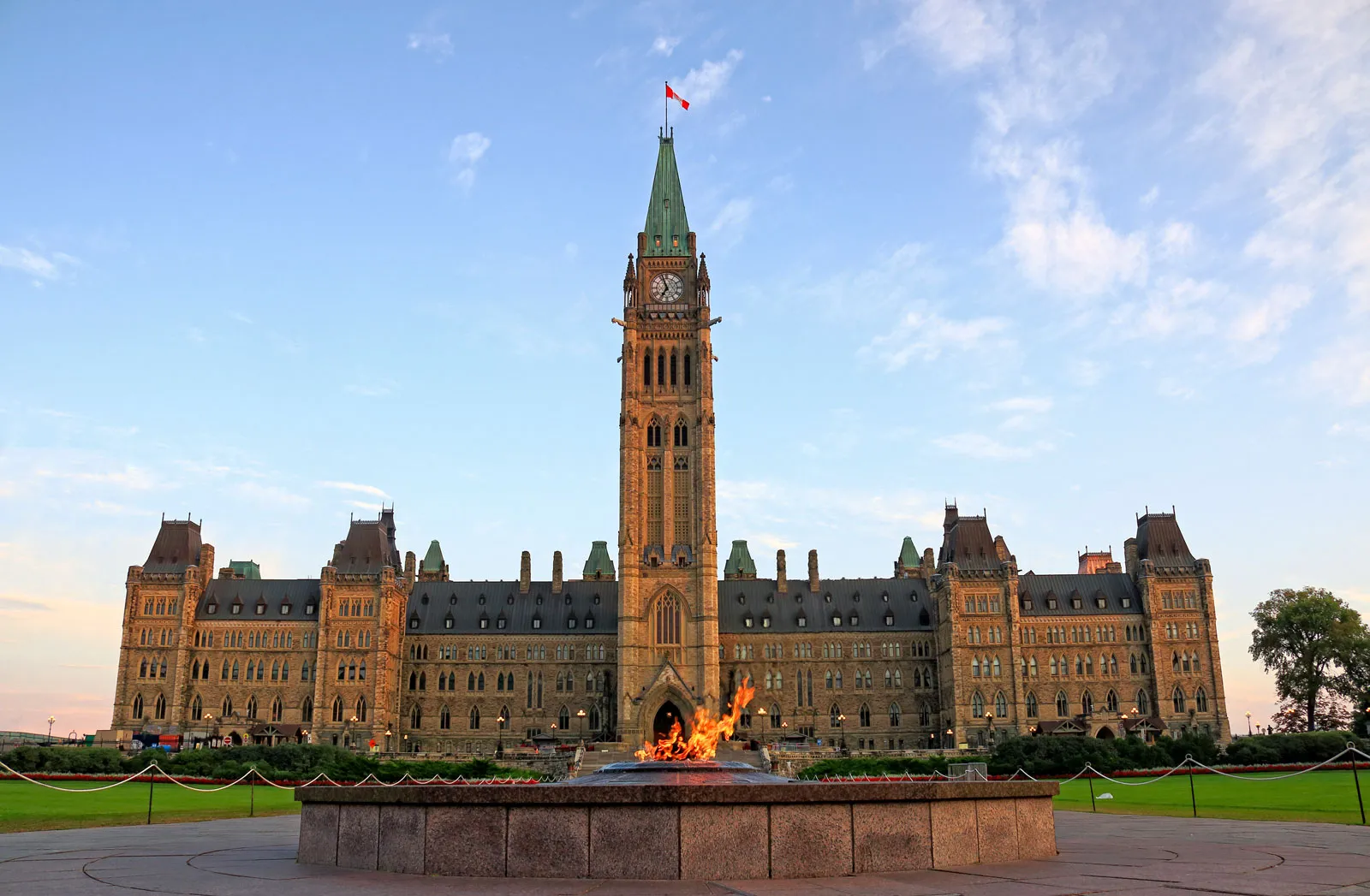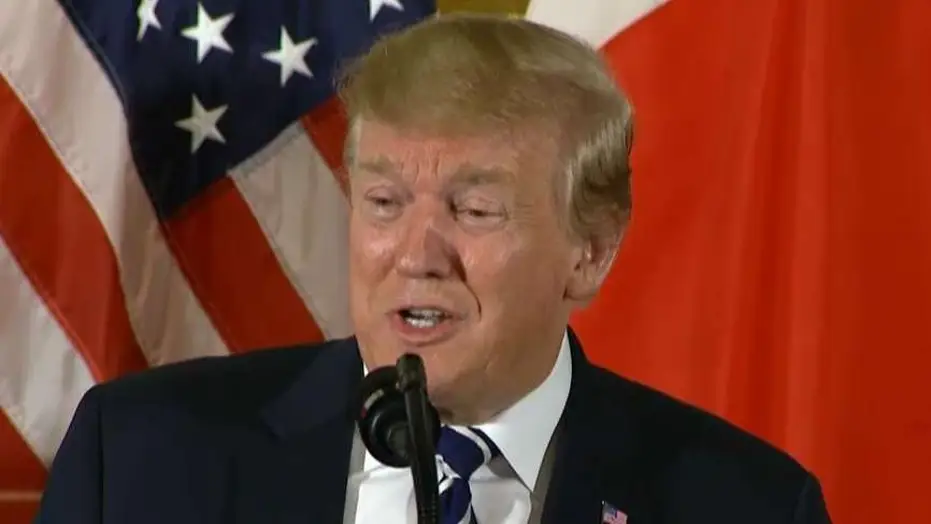Canada"s Sudden Reversal on Digital Services Tax
In a shocking move, Canada has rescinded its planned digital services tax, a 3% levy that was set to target both foreign and domestic tech giants, including the likes of Amazon, Google, and Meta. This decision comes after U.S. President Donald Trump threatened to terminate all trade discussions with Canada over the tax, marking a significant shift in Canada’s economic strategy.
Impact of Trump"s Trade Threats
Trump"s ultimatum, which came during the G7 leaders" summit held in Kananaskis, Alberta, has sent ripples through Canadian economic policy. Prime Minister Mark Carney emphasized that this maneuver is aimed at fostering a favorable environment for trade negotiations, as reported by Reuters. The digital services tax was expected to generate significant revenue for Canada, especially as it was retroactively applied to earnings from 2022.

Visiting Ottawa - Corporate Stays
Consequences for Workers and Consumers
While the promise of a more harmonious trade relationship may seem appealing, this about-face raises serious concerns about the prioritization of corporate interests over the welfare of Canadian workers and consumers. The revenue from the digital services tax was intended to fund public services and social programs, essential for addressing the wealth inequality that has plagued many Canadians. By scrapping the tax, the government risks further exacerbating the economic disparities that disproportionately affect marginalized communities.
Corporate Influence in Policy Making
This reversal underscores a troubling trend of corporate influence in policy making. The tech giants that would have been impacted by this tax wield considerable power, often bending governments to their will. Canada’s decision to prioritize negotiations with the U.S. over its own fiscal strategies exemplifies a broader issue of accountability in governance, where the voices of the most vulnerable citizens are drowned out by powerful lobbying forces.

President Trump meets with Japanese Prime Minister Shinzo Abe
Future of Canadian Economic Policy
As Canada seeks to re-establish trade relations with the United States, the implications of this tax cancellation extend beyond the immediate economic landscape. It raises questions about the long-term sustainability of Canadian economic policy and whether the government will continue to capitulate to external pressures at the expense of its citizens. The finance ministry"s statement that negotiations would proceed “as long as necessary, but no longer” hints at an urgency that seems driven more by political expedience than by the economic needs of the Canadian populace. This precarious balancing act between appeasing a volatile U.S. administration and ensuring equitable economic growth for all Canadians could lead to dire consequences in the near future.







![[Video] Gunfire between Iraqi security forces and Sadr militias in Baghdad](/_next/image?url=%2Fapi%2Fimage%2Fthumbnails%2Fthumbnail-1768343508874-4redb-thumbnail.jpg&w=3840&q=75)
